Division of Regenerative Medicine Research at UC San Diego
Ongoing Faculty Research
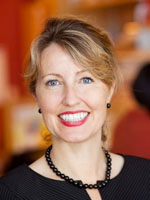 |
Jamieson LabDr. Jamieson specializes in myeloproliferative disorders (MPDs) and leukemia. Myeloproliferative neoplasms are a family of uncommon but not rare degenerative disorders in which the body overproduces blood cells. Dr. Jamieson studies the mutant stem cells and progenitor cells in myeloproliferative neoplasms. These cells can give rise to cancer stem cells. Cancer stem cells may lie low to evade chemotherapy and then activate again later, causing disease progression and resistance to treatment. Her goal is to find more selective, less toxic therapies. |
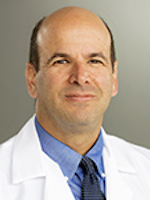 |
Kaufman LabThe Kaufman laboratory uses human pluripotent stem cells to understand the development of blood cells (both hematopoietic stem cells and functional lymphocytes: T cells and NK cells) and related mesodermal cell populations (including bone, endothelial and smooth muscle/vascular cells). The aim is to use human pluripotent stem cells as a resource to produce blood and immune cells for new clinical applications for treatment of relapsed/refractory cancers -- both hematologic malignancies and solid tumors. |
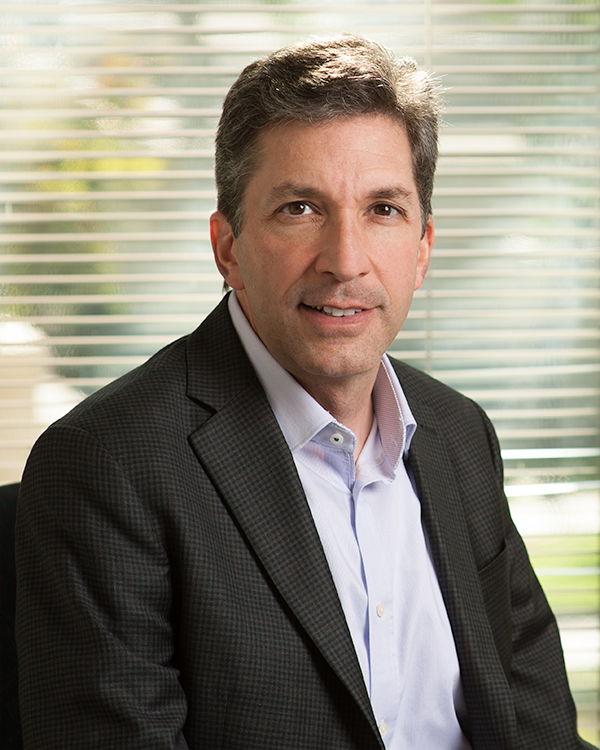 |
Furnari LabThe primary focus of the Furnari lab research is to study fundamental pathways that drive initiation and progression of glioblastoma, as well as the malignant phenotypes of this aggressive brain cancer, ranging from tumor biology, biochemistry, cell biology, signal transduction and bioinformatic analyses, to orthotopic glioma models and preclinical investigations. Their program has the following main objectives with the overarching goal of molecularly understanding and eradicating glioblastoma and other types of brain cancer |
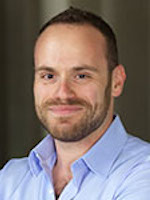 |
Signer LabThe Signer Laboratory investigates stem cells at the interface of regenerative medicine and cancer biology. Stem cells have the remarkable potential to regenerate many of the specialized cells in our bodies after they are lost to normal wear and tear, injury and disease. Declines in stem cell function can lead to the onset of degenerative diseases. By unlocking the mysteries of stem cells, they expect to make breakthroughs that allow us to harness the regenerative potential of stem cells to treat degenerative diseases and identify new therapeutic targets to eradicate cancer. |
 |
Crews LabThe research in the Crews Lab aims to investigate the function of cancer stem cells in multiple myeloma progression and relapse. Collaborating with the Jamieson lab, they have identified a role for inflammation responsive pathways in the acquisition of drug resistance and stem cell-like behavior of malignant cells in multiple myeloma. Dr. Crews is also pioneering novel myeloma stem cell-targeted RNA detection tools with the overall goal of developing new regenerative medicine technologies that will improve the diagnosis and treatment of a variety of human cancers and other age-related disorders. |
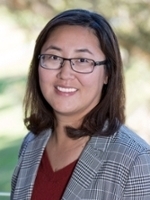 |
Jiang LabThe Jiang Laboratory studies the molecular mechanisms of RNA and DNA editing in normal and cancer stem cells, how these editase enzymes are regulated in different cellular contexts, and how to target these pathways in pre-clinical models of both solid tumor and blood malignancies. The Jiang lab is pursuing these interests by studying the functions and molecular targets of DNA/RNA editing enzymes that specify normal stem cell development and maintain cancer stem cells (CSCs) in T-cell lymphoblastic leukemia and ovarian cancer models. We employ a variety of bioinformatic, molecular and cell biological tools, as well as pateint samples and xenograft mouse models to address these questions surrounding human health and disease. |
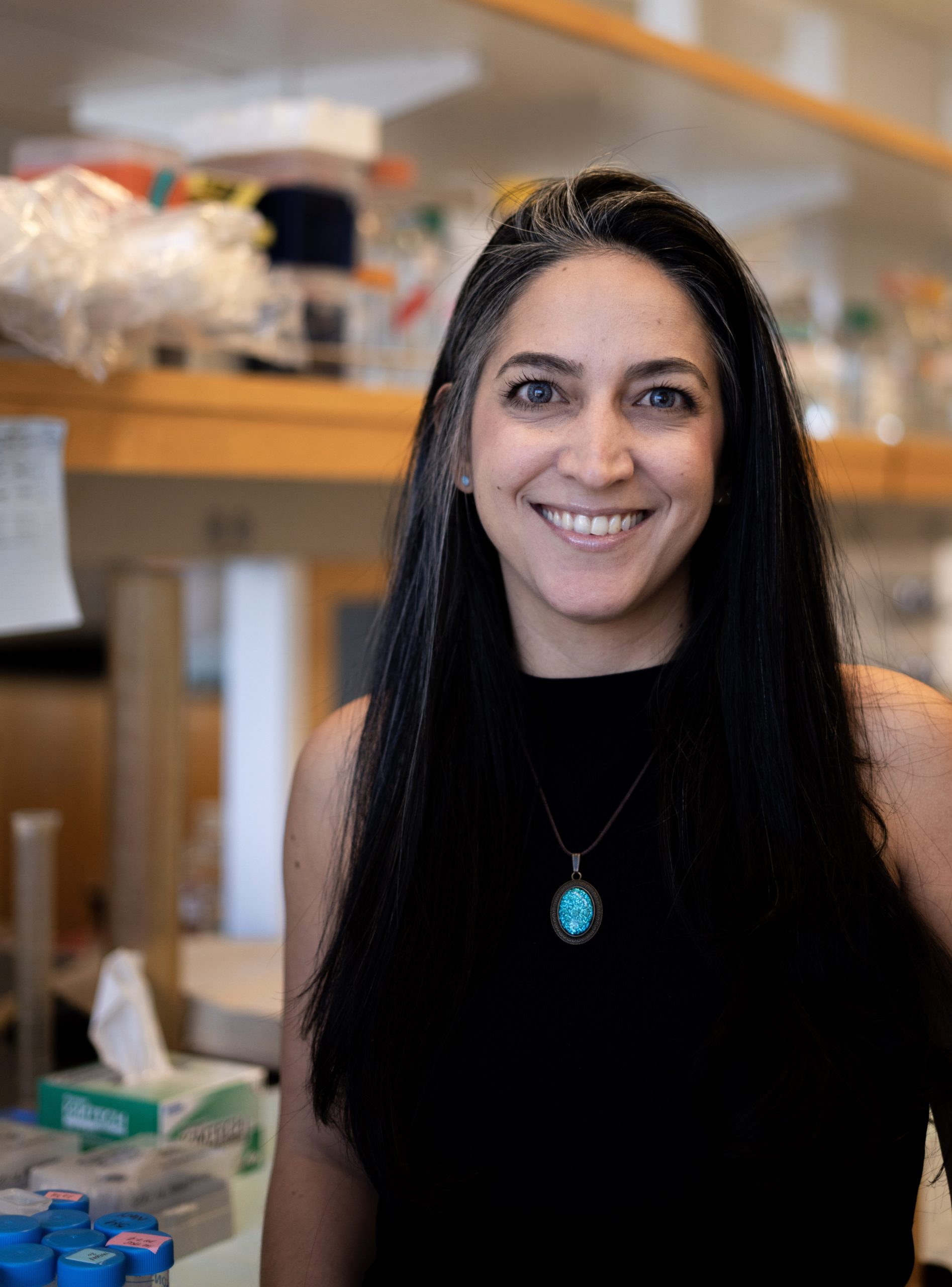 |
Gur-Cohen LabResearch efforts in the Gur-Cohen’s lab focus on mechanisms of how epithelial stem cells are communicating with their supporting microenvironment to maintain 'stemness' identity and achieve coordinated tissue regeneration. We apply core techniques in cell biology, microscopy, mouse genetics and biophysics to address fundamental questions in stem cell biology. We seek to understand the cellular networks that drive and constrain stem cell activity and elucidating how environmental cues are interpreted to guide stem cell behavior. Our ultimate goal is to harness stem cell regenerative potential to develop new strategies for precise tissue repair. |
Clinical Trial Research
- CIRM Alpha Stem Cell Clinic – The Alpha Stem Cell Clinic is the cell therapy arm of the Sanford Stem Cell Clinical Center at UC San Diego that specializes in early phase, first-in-human trials of stem cell-related drugs and therapies.
- Clinical Trials at Moores Cancer Center – our National Cancer Institute-designated Comprehensive Cancer Center.
